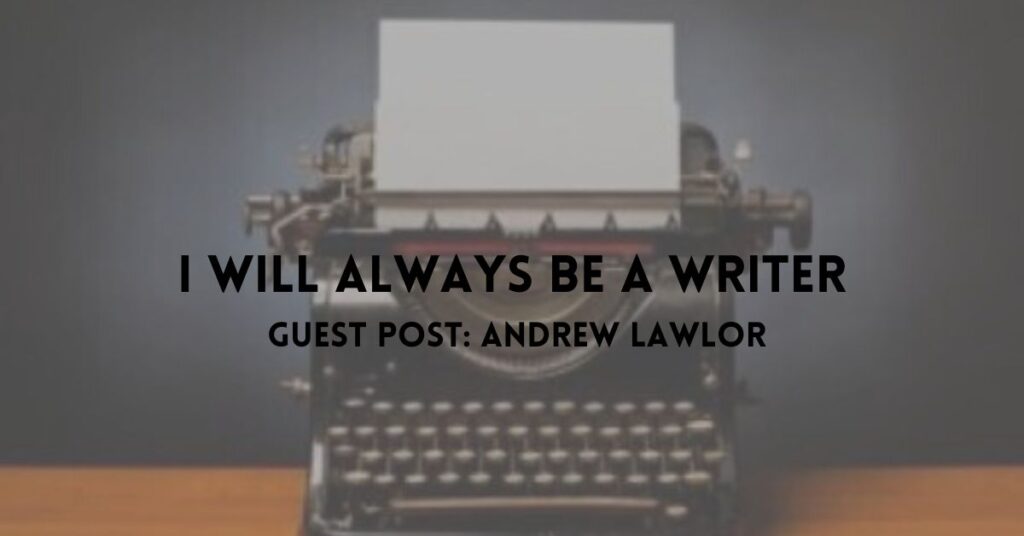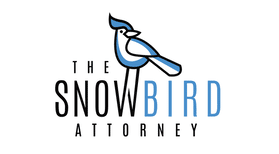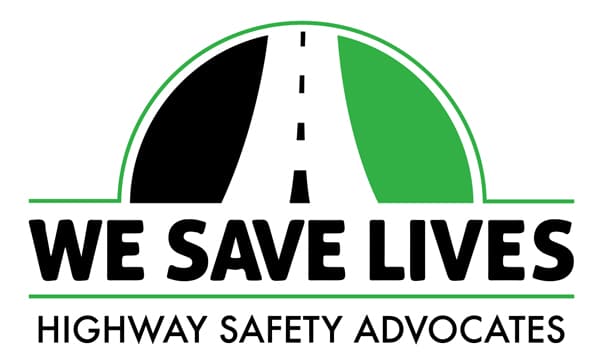
Am I a Writer? Who am I?
Lately, I’ve been thinking about resiliency. What it means. What it means to me. What makes one person resilient and another less-so. As I thought about this, and other things found down the rabbit hole, I stumbled across my existential crisis: Who Am I?
I am a husband, a father, a friend, a son… and I am disabled. Hold on, check that.
The term disabled has never really bothered me personally – just grammatically.
Husband, father, mother, wife, son… they are all nouns. Disabled is an adjective. I am not an adjective.
My wife Lesley (who works with children with special needs) has drilled into me – “you are not a disabled person; you are a person with disabilities…”. Person first. Whatever term you use, though, there’s nothing unclear about how my life has changed.
- I have lost a leg and will always need a wheelchair.
- The leg I still have has a drop-foot and no feeling below the knee.
- I am blind in one eye.
- My elbow, wrist, pelvis, and hips set off metal detectors at the airport.
- My spleen is gone, which means… I have no idea what that means…
- My left arm is about 80% normal thanks to a prosthetic elbow.
- My right arm is like a professional wrestling referee – it shows up, it looks like it should do the job, but ultimately it disappoints.
Some of us define ourselves (at least in part) by what we do. And what we do is partly defined by how we do what we do. The tools, the rituals, context, perspective – all contribute to what we do, and by extension who we are. Until (approximately) 1495 days ago, I was a writer. But I can no longer type, at least not with any urgency or accuracy. So, am I still a writer?
It’s easy to dismiss the question and say writing is an exercise of the mind and the heart, not the hands, but would you make the same argument to a painter, a designer or a musician? You could argue being a writer is just doing the same job in a different way, but could you say that to a plumber, carpenter or a construction worker? You could also cite examples of people like Stephen Hawking, who made massive contributions long after his body had failed him, but would Michael Schumacher or Lou Gehrig support that same case?
It’s All About Community
On the surface, it’s simple – I’m a writer. I will always write. I will adopt new (at least new to me) tools, like dictation software, and use the new perspective this journey has given me. But I’m not doing this alone – no matter the strength of one’s individual resolve, resiliency is an exercise of community. Community is where we reignite our passion, remind ourselves who we are, and where we remember or discover our purpose. Yup, for better or worse I am a writer.
“How’s Andrew?”
“How is Andrew doing?”
“How are things with Andrew?”
More often than not, these are the questions that greet my wife Lesley whenever she ventures more than a few feet from my side. There are exceptions, the few who recognize the indirect impact of a traumatic event, but these questions are by average the rule. And they are fair questions because Lesley’s also been forced to ask herself, ‘who am I’? This identity crisis isn’t restricted to survivors. Those closest to us find their roles changing too.
I Would Be Lost Without Her
As warm and caring as Lesley is naturally, ‘caregiver’ is a new role for her, one she’ll likely have for the rest of my life – because I need a little help with a lot of things. This is the most diplomatic description of my current situation. A more accurate description is that I would be completely and utterly lost without her. This statement has been figuratively true for the thirty-some years we have been together and has become literally true this past half-year.
- I can dress myself, sort of. I struggle with belts and buttons and laces, as well as getting to the laundry room to clean my clothes. So, if my clothes are washed, prepped, and laid out for me, yeah, I can dress myself.
- I can cook for myself, sort of. Opening jars is a challenge, as is chopping vegetables. Hot pots and pans on the stovetop are a perpetual danger, as I don’t feel temperature in my hands… So, if everything is reachable and simple, yeah, I can cook for myself.
- I can go out on my own, sort of. I can call a taxi and go almost anywhere that’s accessible. Unless of course there are obstacles like construction, weather, curbs, thick carpet… so, yeah, I can go out on my own.
Time and money will address some of these barriers, and I am getting stronger. But the current list is long and wide – showering, cleaning, taking care of the dog, shoveling the walk, getting groceries, taking out the trash. All of this on one set of fit and capable shoulders, Lesley’s. When we go out, she collapses the wheelchair, lifts it into the car, drives, lifts it out of the car, drops me off, parks, rinses and repeats – all with boundless energy and a smile that still melts my heart. I can count on one hand the times she’s shown frustration, and yet I know it must be wearing. She didn’t sign up for this. She should be living the life she has earned – travelling, cycling adventures, dancing, seeing live music… instead, she must feel like a medical caddy…
We agreed to richer and poorer, not dismembered and discombobulated. Those closest to us are as impacted as we are, if not more, and are yet far less supported. There are endless support resources for trauma victims, not-so-much for caregivers. I thank God she is as strong as she is.
The next time you encounter one of these heaven-sent angels, perhaps you could take a moment to ask, “How are you?”
This article is also featured in our 2022 Fall Issue of Sharing our Recovery
Andrew Lawlor is a motorcycle crash survivor. Since July, 2018 he has drawn on the love and support of his family and his community, working to repair body, mind and soul. Andrew knows everyone’s journey is unique, and hopes that fellow survivors might find a new perspective, or encouragement in the stories he tells. The Crash Support Network is thrilled to announce a collaboration with Andrew as he shares his journey through ongoing contributions to our Crash Survivor Blog.





